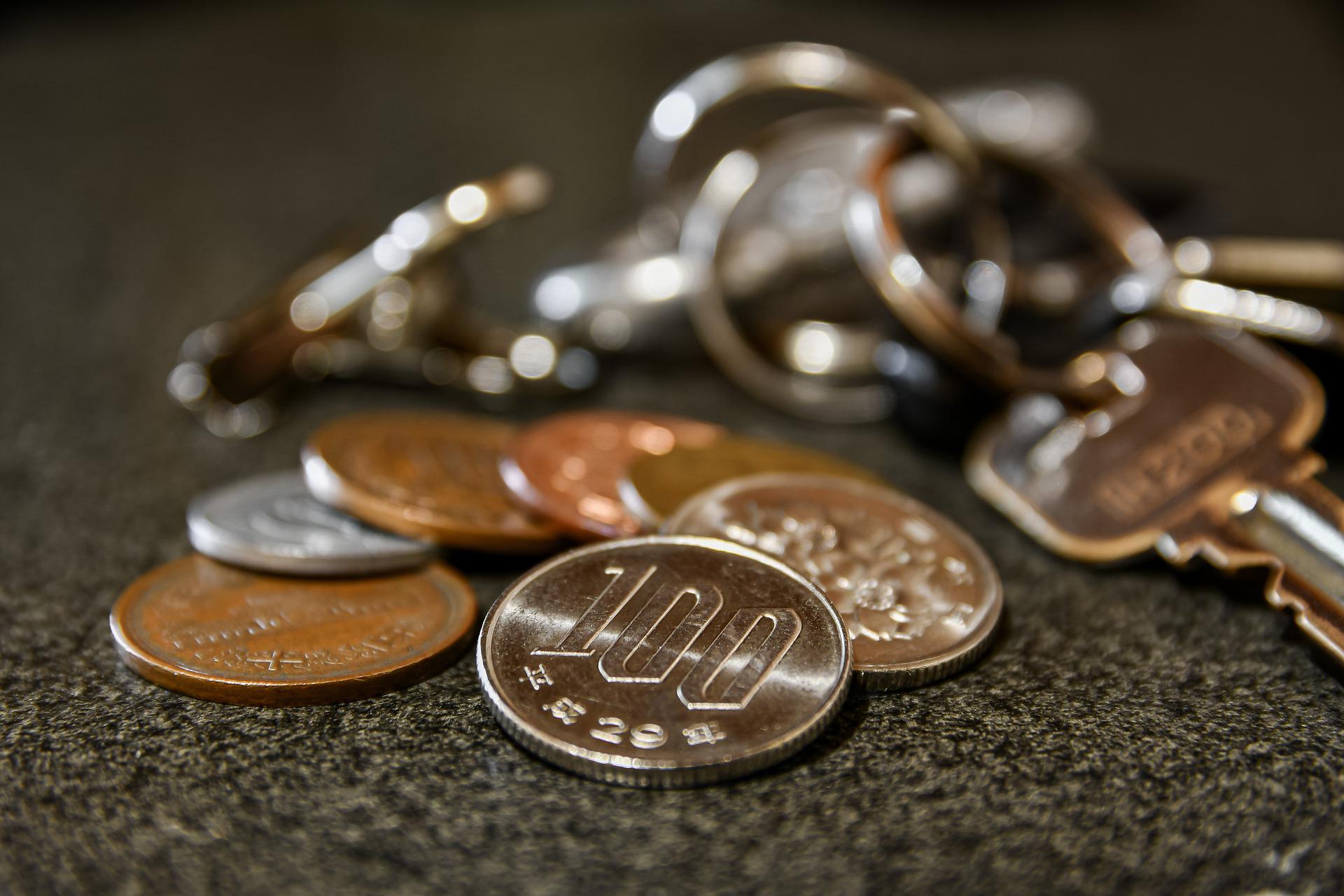The Dollar to Yen rose to 145 levels last week, trading at a 24-year high. The increase in trade deficit affects economic activities, weakening the Yen.

Dollar to Yen Higher with Increasing Trade Deficit
The speed of decline in the Japanese Yen is of concern to investors and importers. The trade deficit is at 2.82 trillion yen. Import of commodities has become costly with surging prices. Oil and gas, the chief imports of Japan, have become expensive, weakening the Yen further.
The trade deficit is at 2,817 billion in August 2022, while it was 643 billion in the same month last year. It is the 13th consecutive month of deficit in trade in Japan. The import of oil from the UAE and Australia increased. Exports to China grew 13.5%, but in volume terms, exports declined 1.2%.
The Fed is on a drive towards higher interest rates, while the Japanese country keeps interest rates at a record low. The slide in the Japanese Yen is good for exports while it affects the imports. Investors expect the Bank of Japan to intervene and halt the downward move in the currency rates in the foreign currency market and bring down the trade deficit gap.
Top exports in Japan are motor vehicles, machinery, and integrated circuits. It is the leading exporter of large construction vehicles and electronic equipment.
The top imports of Japan are petroleum, petroleum gas, machinery, and food. Japan gets its imports from China, the United States, and Australia.
Dollar to Yen at 24-year High
The Bank of Japan was the first to introduce ultra-accommodative policy rates. The Bank of Japan is under pressure to increase rates after years of implementing a loose monetary policy. But the Dollar to Yen currency pair in the forex market is at a 24-year high, which worries the Japanese policymakers. Governor Kuroda describes it as a rapid fall in the value of the Japanese Yen.
Central banks across the globe have made changes in their monetary policy decisions. The Federal Reserve, the ECB, and the Bank of England have hiked rates by almost 75 basis points.
The Fed and the Bank of England are expected to hike rates in the policy meeting next week. Investors expect the Swiss National Bank to hike rates to control inflation. BoJ may also hike rates in the next policy meeting.
The Bank of Japan has interest rates of minus 0.1%. The Bank of Japan has not succumbed to peer pressure and has kept rates below zero percent. But investors look forward to a hike in rates so that the Yen may move higher.
Finance Minister Shunichi Suzuki is taking steps to address the widening gap in the bond yield. Governor Kuroda is taking steps to improve the bond yield. Prime Minister Fumio Kishida has taken initiatives to attract companies from abroad to boost the production sector in Japan.
Inflation in Japan is at 2.6%. Since the country does not have a high inflation rate, there is no need for a rate hike immediately. But the depreciation of the Japanese Yen is of concern to the country. The finance ministry is under pressure to hike rates to curb the rapid descent of the Japanese Yen.
The policy meeting next week is much awaited by investors. There is much anticipation as BoJ may hike rates by 50 or 75 basis points.
Japan Exporters benefit from the Dollar to Yen Increase
Exporters in Japan benefit from the rising Dollar to Yen value. However, importers find it difficult to import commodities for their business requirements.
Bank of Japan intervened in the currency weakness almost two decades earlier when the banking system failed when a tsunami and earthquake hit Eastern Asia a decade earlier.
Major Currency Pairs
ECB/JPY
Recession fears may turn into reality in the Eurozone. The country saw a contraction in the PMI for three consecutive months, showing a decline in economic activity. The energy crisis is the main concern in the country.
EUR/JPY is at 143.13. The Euro to Japanese Yen is trading at levels seen in January 2015.
GBP/JPY
The British Pound to Japanese Yen is trading at levels last seen in 2016. The GBP/JPY currency pair closed at 163.10 levels last week.
The United Kingdom has elected Liz Truss as the new Prime Minister replacing Boris Johnson. The demise of Queen Elizabeth brought major changes to the country. The country faces a series of crises, with the British Pound moving lower as high inflation hits the country. The weakness of the British Pound is supporting the Japanese Yen.
US Dollar Index
The Fed hiked rates by 75 basis points to address inflation. Though inflation data in August was moderate, inflationary pressures continue to worry policymakers in the US.
The hawkish policy taken by the Fed is hurting major currencies in the world. Apart from the Yen, the British Pound and the Euro have wilted against the Dollar. But the Japanese Yen is the worst performer compared to leading currencies in the forex market.